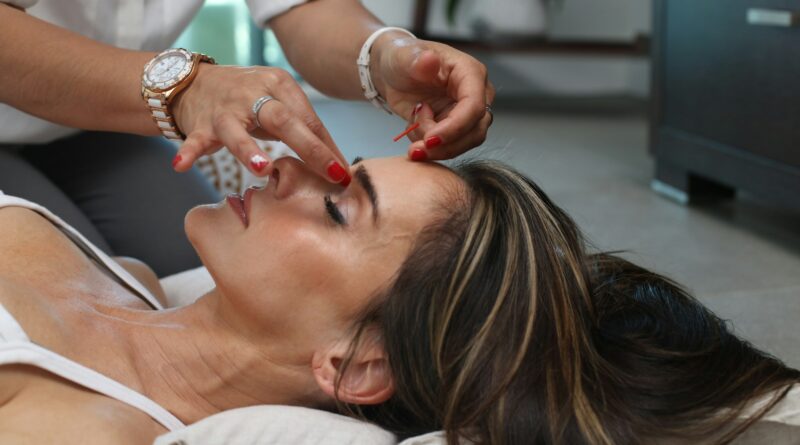Selfies May Fuel Plastic Surgery by Distorting Faces
Selfies have become a common obsession because they are one standard way in which everyone acts to share their life in a second. Selfies are the media not only for connection and creativity but also to change the thinking of humankind regarding beauty.
As obsession with a person’s online appearance has increased, it has given birth to a dangerous trend: the distortion of facial features. Because of this trend, the number of plastic surgeries has increased.
The Allure of the Selfie
The concept of taking selfies is as old as when the first social media platforms came into existence, such as Instagram, Snapchat, and, more recently, TikTok. Such apps have changed seemingly random photographs into some form of art and depictions of a person to project an idealized version.
Still, some studies regarding the matter have revealed that people put much effort and time when others take the best shot of themselves. They make several efforts to enhance themselves through different angles, filters, and correction tools. The need for likes and validation makes the person obsessed with his/her appearance, which is why a lot are constantly in search of an impossible ideal beauty.
The Reality of Distorted Features
Facial features will get distorted since a selfie is taken from an unnatural angle, and the lens will widen features. It is even possible to greatly change the appearance by using filters. It happens by smoothening out the skin, making the nose more pleasant, enlarging the eyes, and even slimming the face. Such enhancements can eventually lead to a skewed perception of reality, that a person truly believes their digitally altered self is the ideal one aspired to.
Psychological Impact
The selfie culture is not without its share of psychological implications. People who excessively compare their online persona or the image of influencers can feel inadmissible. This may then lead to body dysmorphic disorder, a mental health condition involving an obsessive focus on perceived flaws in appearance. It has been studied that men and women succumb to these feelings of worthlessness, consequently developing anxiety, depression, and a never-ending chase for cosmetic procedures.
People think that cosmetic surgery will somehow cure their insecurities about their faces. Many people believe that surgery is the only way to match their real appearance with their digital self-image. But if the problem lies in the head, can it really be fixed by plastic surgeries? It won’t, right?
The Spike in Cosmetic Procedures
According to the American Society of Plastic Surgeons (ASPS), there has been a significant increase in the number of cosmetic procedures in the past few years. More than anything else, minimally invasive procedures, which deal with Botox and fillers, have scored high in popularity over the last decade. It is believed that it is the work of the so-called “selfie generation.” In a society where a selfie with a good look is an entrance to social validation, people would be more willing to invest in their appearance.
Social Media Influencing Cosmetic Surgery Trends
Surgeons are now using social media to advertise directly to people who are interested in cosmetic procedures. They often share before-and-after photos to show how someone’s appearance can change. Influencers on social media also promote the idea of improving one’s looks through cosmetic procedures. When people see these idealized images regularly, they’re more likely to want to change their own appearance.
Ethical Implications Of Social Media
With such a growth rate, ethical issues begin arising in such a way that social media is defining the concept of beauty. The trend on Instagram is hurting the mental health of people who are victims of its unrealistic images. In response to this negativity, some social media companies have started taking measures to avoid this, such as hiding likes on Instagram and offering resources in support of body positivity. Unfortunately, these measures may prove inadequate to counterbalance the very deep-seated cultural pressures driving the consumer desire for cosmetic surgery.
Influencers and Public Figures: Promoting Self-Acceptance and Authenticity
Influencers and public figures also have the responsibility to understand the power of their influence on their audience’s self-esteem. Projecting an honest self-image and promoting self-acceptance could reduce some of the effects of unrealistic beauty standards. Embracing flaws and celebrating diversity could hence be an achievement in societal contribution toward a culture that appreciates inner beauty and authenticity over pretensions.
Conclusion
This new trend of selfies driving plastic surgery unfolds a more complicated interplay of self-image, societal expectations, and mental health. While taking selfies is a positive way to express oneself, it sometimes leads the individual to an obsession with perfection. More and more people are getting cosmetic procedures like eye bag removal, Botox, or dermal fillers to look better in their selfies. But you should always embrace our imperfections. It makes us feel better about how we look, both in real life and in selfies.

